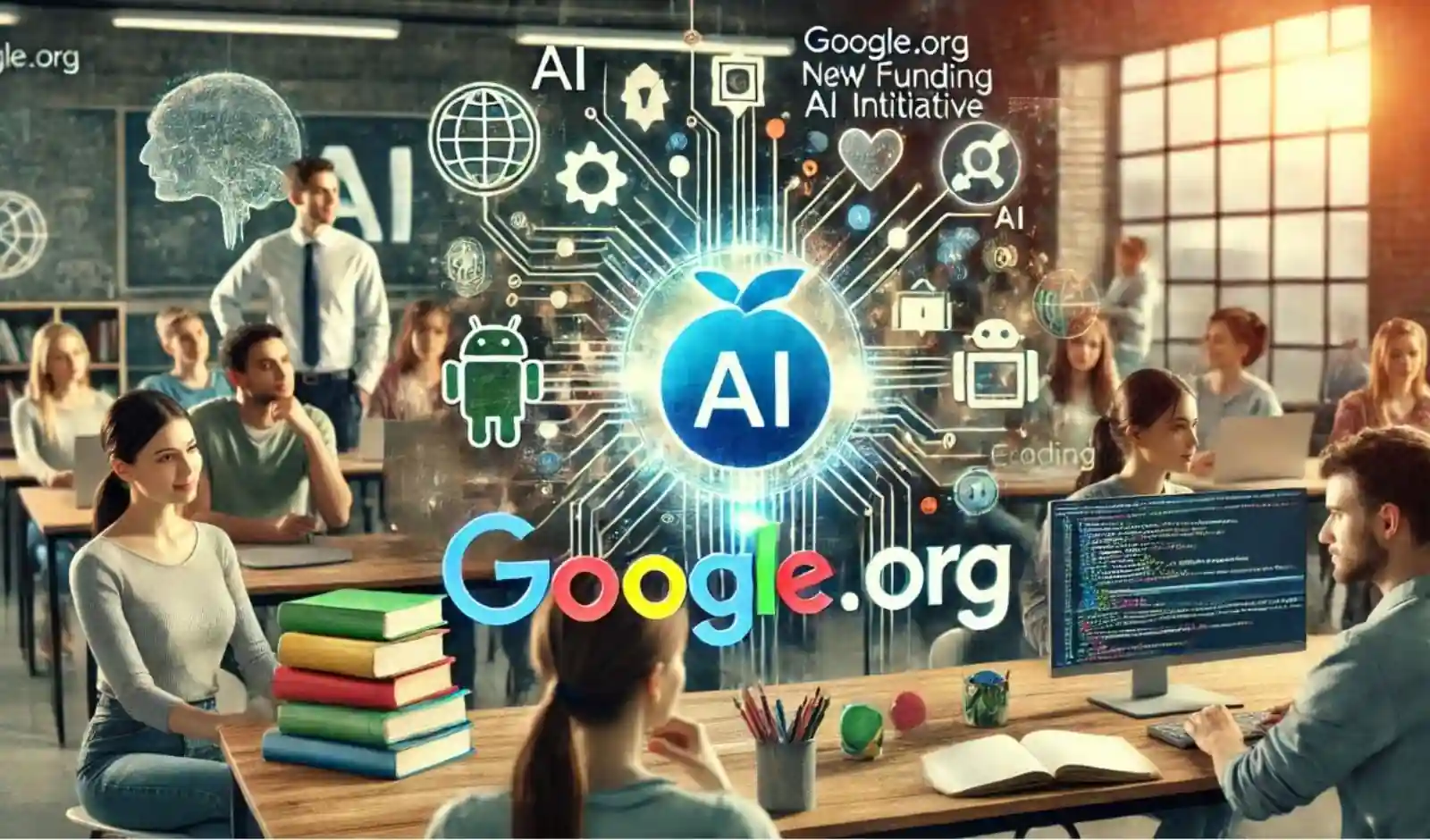
Google has detailed new commitments on AI and education at its AI for Learning Forum held in London, including international research, national partnerships, and new product development. In a blog post on the updates, Ben Gomes, Chief Technologist for Learning and Sustainability, explains, “The forum provides a platform for experts, academics, thought leaders, students, teachers, and others to examine the potential of AI in education systems.”
He adds that Google aims to "share ideas, build partnerships, and collectively consider the potential of AI to help learners, educators, and the broader ecosystem." As part of the update, Google confirmed a national partnership with Estonia under the country's AI Leap initiative. This program will provide over 20,000 students and teachers with access to Gemini for Education and related training.
Gomes described Estonia as "a global leader in digital innovation and education, where joint research is planned to assess the benefits and risks of AI in the classroom." Google also announced that YouTube's new interactive AI tool for learning is being rolled out to users in the UK, allowing viewers to ask questions, get clarifications, view summaries, and test understanding while watching educational videos.
Research trials expand to assess the impact of AI on student progress
Google has published the findings of a trial conducted with 165 students in the UK, testing LearnLM integrated into Gemini 2.5 for math tutoring. The findings show that LearnLM produced factual errors in only 0.1 percent of messages, and students supported by the tool were 5.5 percent more likely to solve new problems independently in subsequent study sessions.
The company has confirmed plans for additional randomized controlled trials in the US, UK, India, and Sierra Leone. While Google says the aim of this further research is to build a scientific evidence base about the impact of AI on learning outcomes, it has not yet published a timeline or reporting schedule for future studies.
Partnerships emerge at the state level as Google.org funding reaches US school systems
Google.org will provide $30 million over three years to organizations focused on expanding AI literacy, researching the impact of AI, and broadening access to learning tools. Initial grant recipients include the Raspberry Pi Foundation, Fab AI, and Playlab AI.
More details about Playlab AI's partnership were shared in a post on LinkedIn by co-founder Yusuf Ahmed, who stated that "Playlab develops AI literacy and teacher training programs and partners with state agencies to build long-term capacity in US school systems." Ahmed confirmed that Google.org's support will strengthen work in Idaho, Indiana, and Tennessee. Yusuf Ahmed further added, "I am grateful to Google.org for supporting our ecosystem's work in Idaho, Indiana, and Tennessee."
He describes these partnerships as focused on building teachers' confidence so they can assess and create with AI, rather than using separate tools. Current collaborators include the Idaho Department of Education, Tennessee SCORE, AIEDU, and AI for Equity. Ahmed says the goal is to help school systems develop sustainable strategies for AI integration.
Yusuf Ahmed says “Together we are exploring how building teachers' capacity to critique and create with AI can shape the strategic use of AI in our education systems.”

